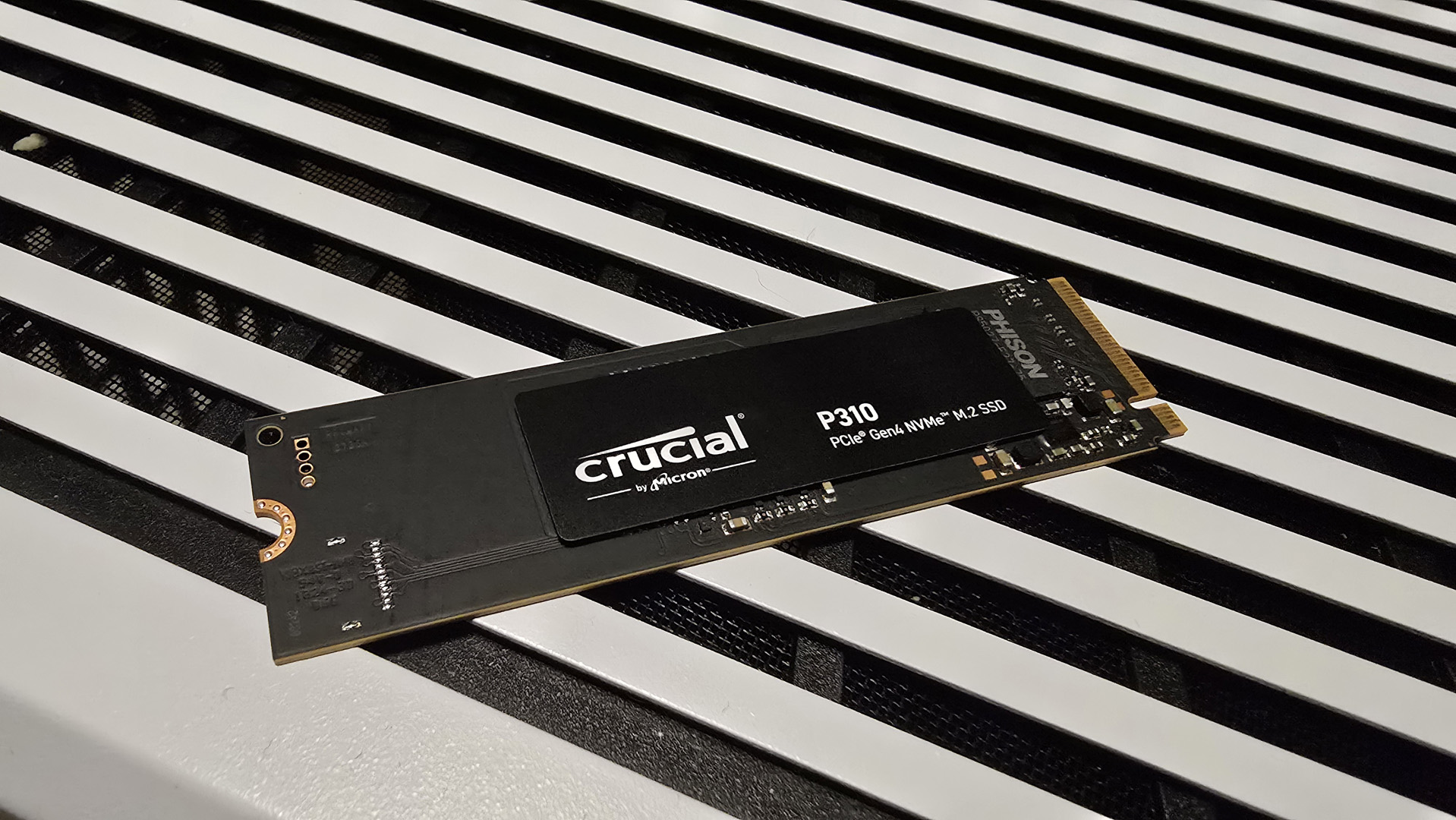Halo Infinite's first season has been an awkward mess
From thin content to disappointing events, Halo Infinite put its worst foot forward.
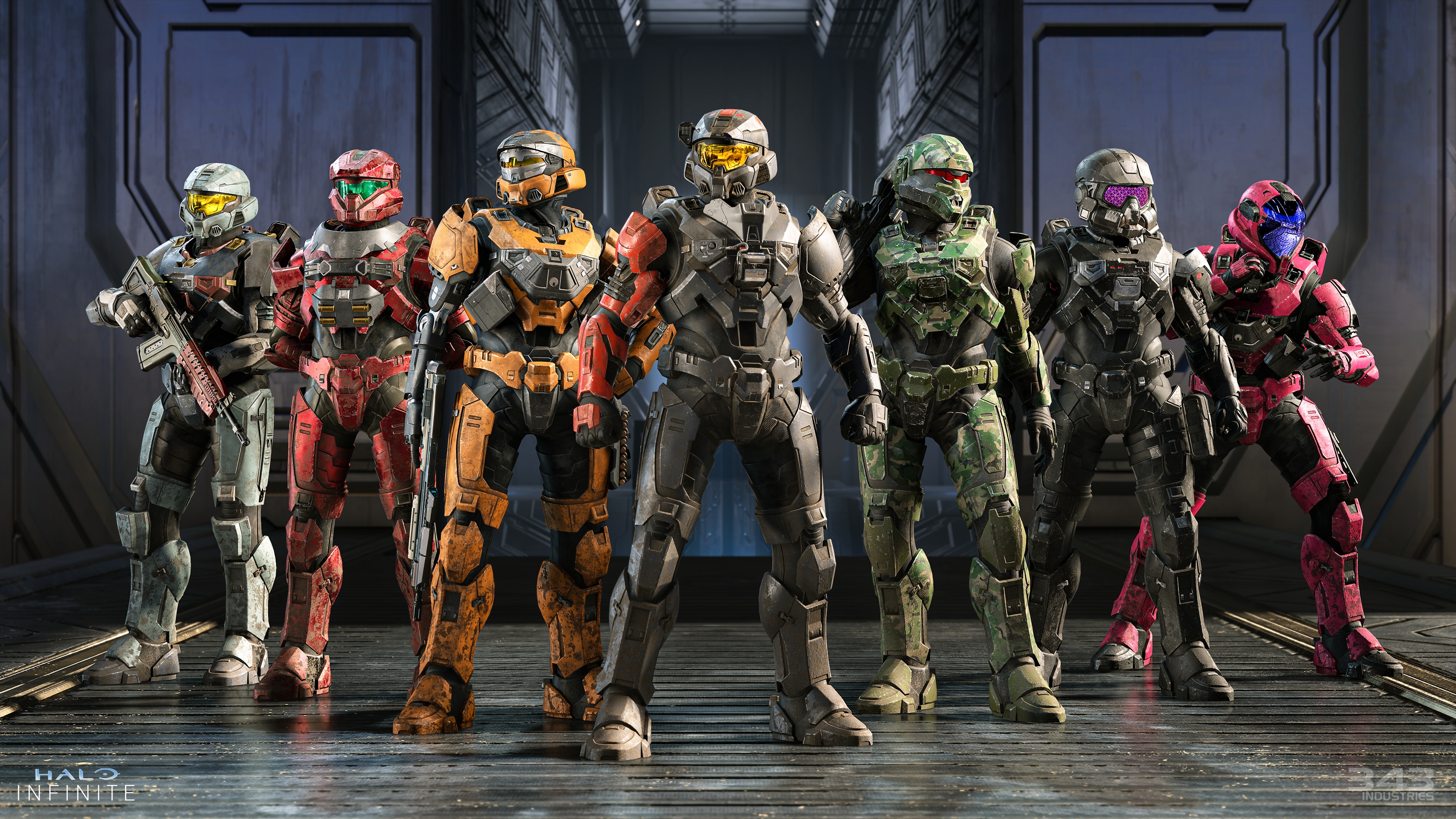
Halo Infinite's abnormally-long first season is about to come to a close. On May 3rd, Season 2 will roll in with two new maps, three new modes, a new battle pass and a mercifully shorter runtime of 3 months, hopefully giving Infinite a much-needed shot in the arm.
It's probably not contentious to say that, in the run-up to Season 2, the mood in the Halo community isn't great. Infinite might be a solid shooter, but its first season has been hit with setback after setback after setback. Even I, the site's resident Halo buff, fell off the game hard after only a month.
So how did we get here, and what can Season 2 do to win over lapsed fans?
Slim pickings
Halo Infinite should have arrived on a high. Reception following the game's two technical multiplayer tests was glowing—here was Halo, refined into the strongest iteration 343 had so far delivered, featuring playful equipment, balanced weapons, tight maps and an aesthetic that finally ended the tyranny of overdesigned greebles.
But it didn't take long after the game's release for fans to start asking: is this it? Despite arriving a full year after its once-planned 2020 release, Infinite's multiplayer felt shockingly thin. Staple modes like King of the Hill, Assault, Fiesta and even free-for-all Slayer were missing from the launch lineup, and Infinite shipped with the smallest map pool of any Halo to date.
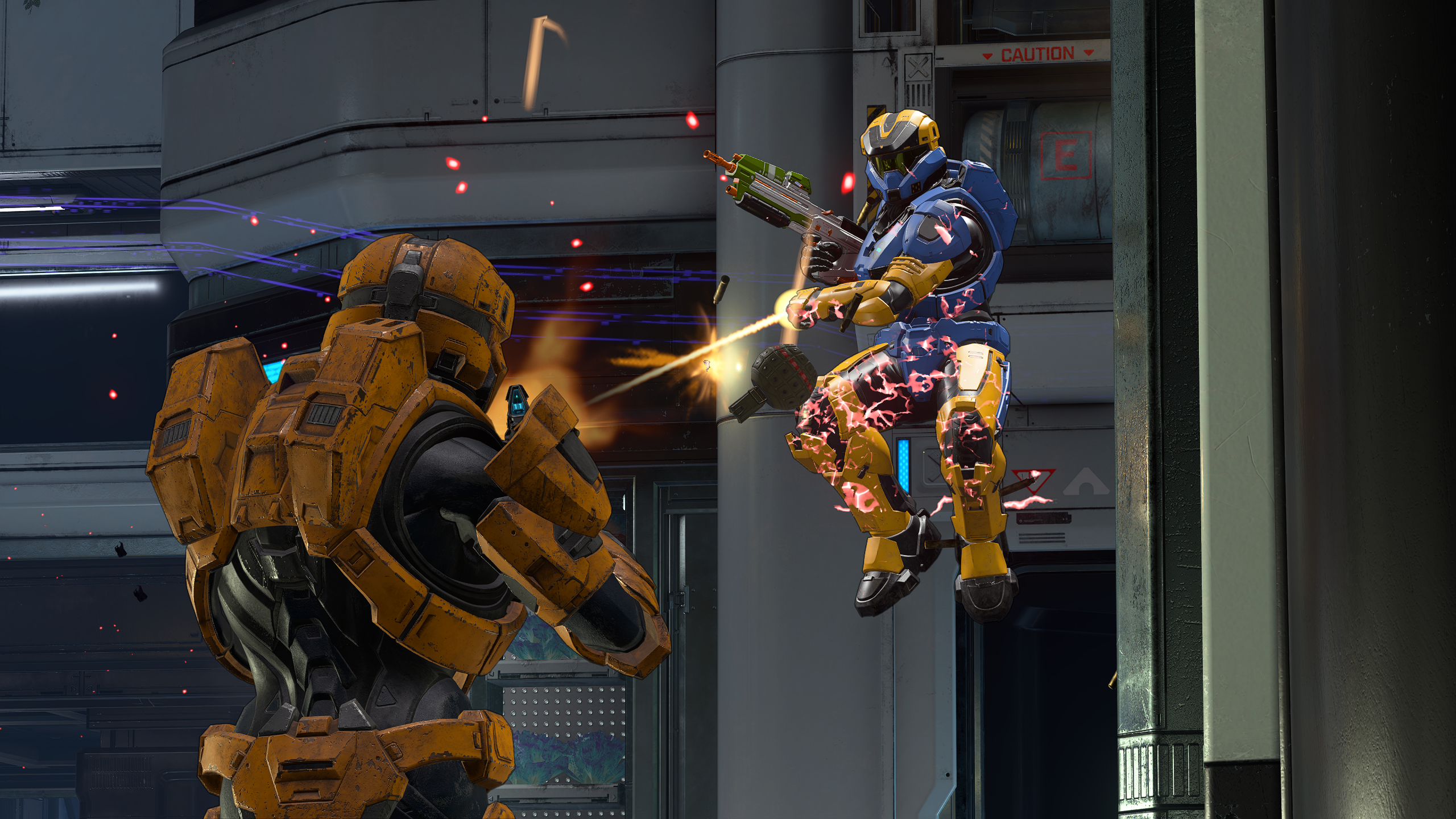
Over the season, 343 would slowly roll in modes like Fiesta and FFA as time-limited events (though would eventually make them permanent). But that selection still felt thin, especially considering Big Team Battle was straight-up broken for much of the season. Limited playlists also means you had little control over what map or mode you were playing—and while we'll get into what that meant for progression, it was exhausting to have an already small map pool feel even smaller, if only because matchmaking rarely (if ever) decided to let me play maps like Behemoth or Launch Site.
It's easy to say that the addition of Forge, which would let both players and developers bash out countless new variations of existing maps and modes, would remedy this sparseness. But Forge is still not slated to arrive until Season 3 hits this August—and its absence is far from the only indicator that Halo Infinite needed a bit more time in the oven.
The biggest gaming news, reviews and hardware deals
Keep up to date with the most important stories and the best deals, as picked by the PC Gamer team.
Battle passed
We all remember how naff the Season 1 battle pass was, right? A selection of uninspired, occasionally unfinished armour pieces doled out at a piecemeal rate. 343 would eventually speed up the rate of unlocks, but it hasn't changed the reality that, between pieces being locked to armour cores and colours being tied to pre-set coatings, customisation simply isn't fun. Six months after release, and it still feels like I'm fighting the same few clones.
Of course, the battle pass isn't the only source of customisation. And while the in-game store had its own problems (prices and forcing up costs by making you buy everything in bundles), in-game events promised plenty of thematic options unlocked simply by playing.
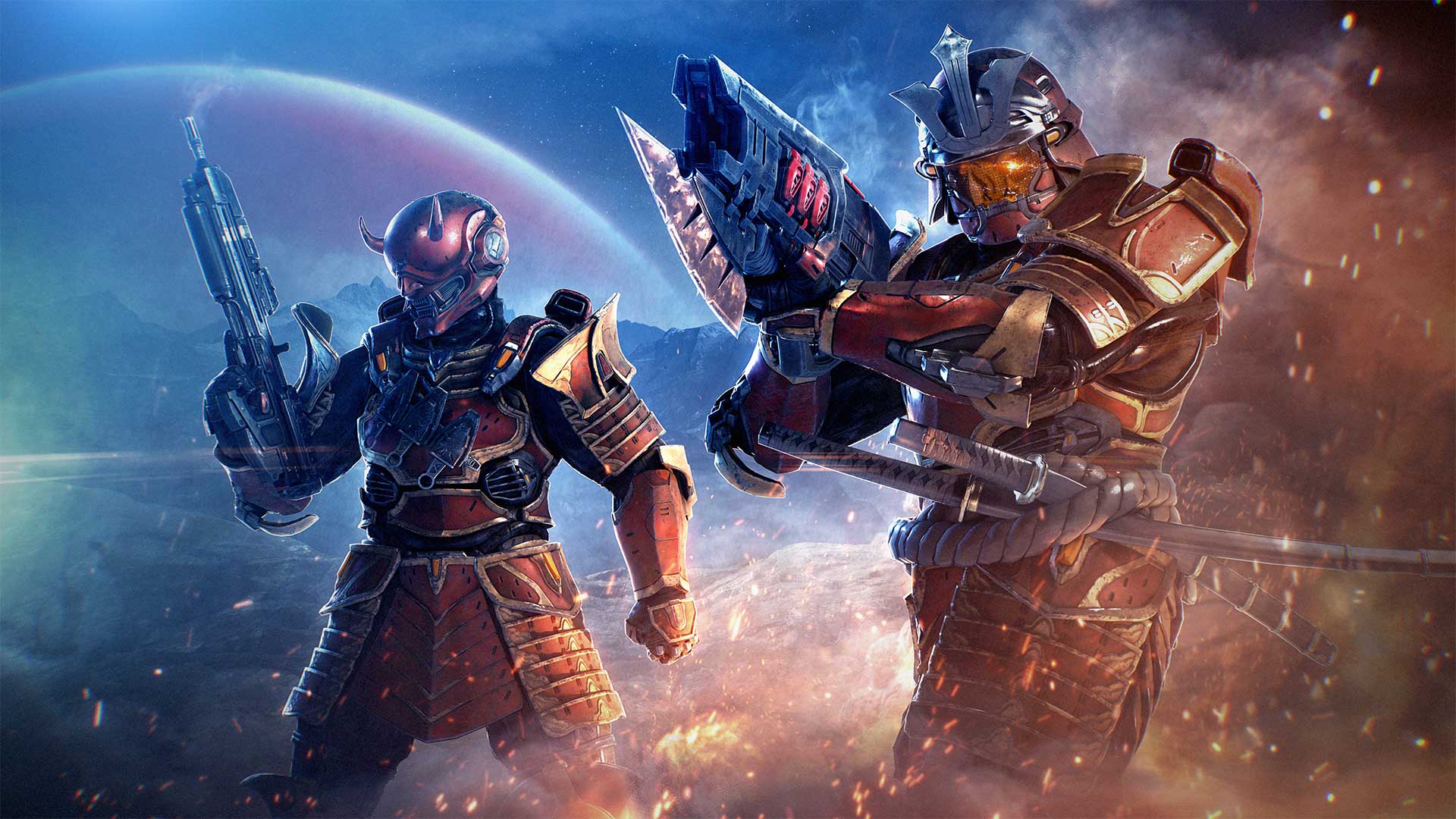
Things started off on a bad foot with Fractures: Tenrai, an event that recurred six times over the course of the season and, at first, wouldn't let you unlock more than seven tiers at once. In its first iteration, Tenrai shared the Season's battle pass issue of being padded out with challenge swaps and XP boosts, with actual cosmetics being thin on the ground.
Later iterations would make actual cosmetics more frequent and easier to acquire, thankfully. And later events like Winter Contingency, Tactical Ops and Cyber Showdown added more cosmetic goodies to unlock (even if some of them were poorly attached). By the end of the Season, it started to feel that Infinite was hitting a more comfortable rhythm, even if things were starting to feel extremely stale six months in.
Retooled and rearmed
That's Season 2's biggest challenge then, isn't it? To make a game that's already fallen stagnant feel fresh and exciting again. Because for all the improvements, my latest attempt to jump back into Infinite had me exhausted within three rounds. It's still the same Infinite, even if some of my opponents have more garish hats.
Season 2 is adding two new maps that look fantastic, and three new modes including the curiously battle royale-adjacent Last Spartan Standing. And at a mere three months, I'm hopeful Season 2 will strike a better cadence with in-game events, and may have learned to be more generous with its pass offerings.
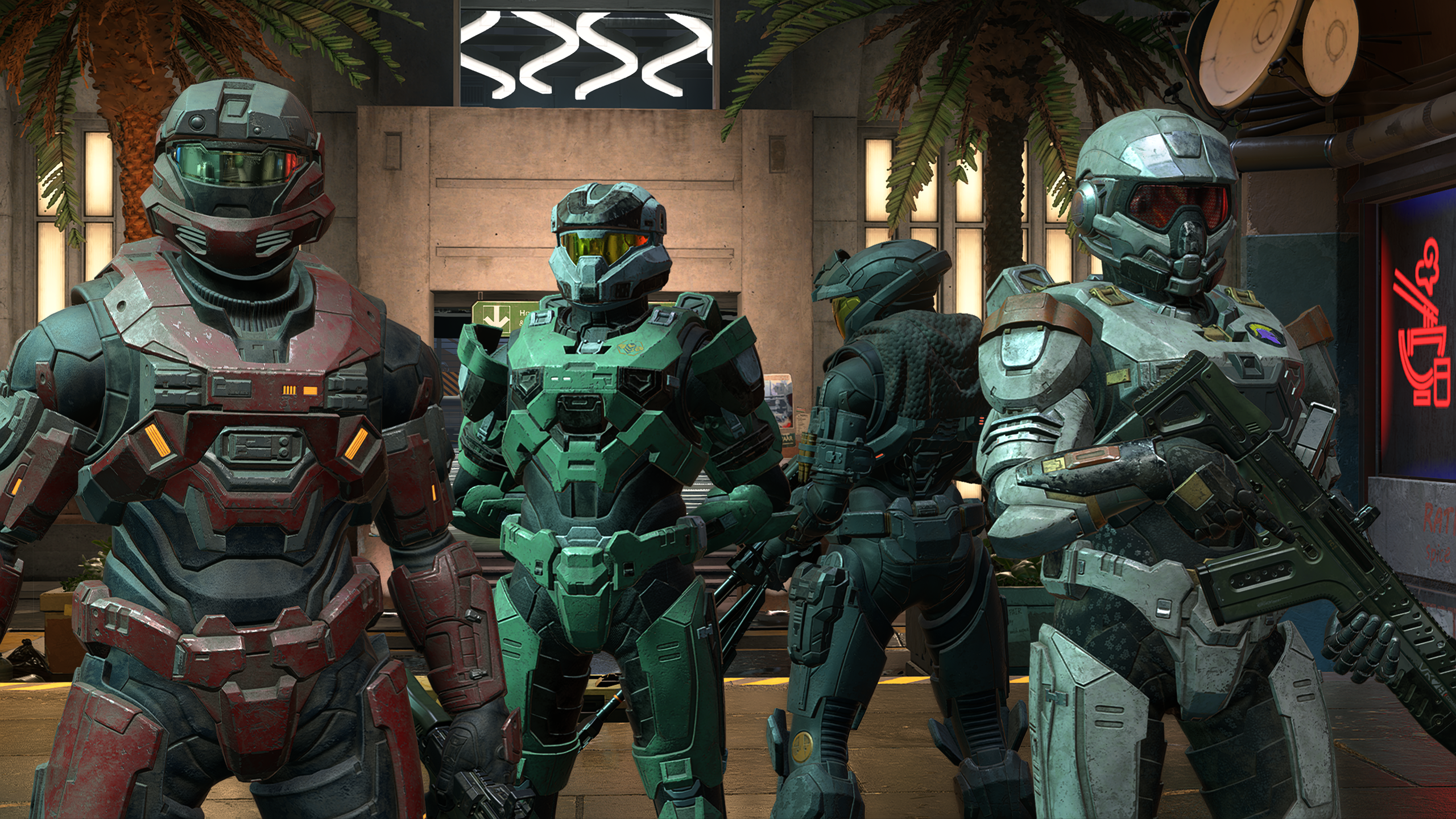
But I'm not confident Season 2 will keep me around once the novelty of new maps and modes has worn out. Custom games still don't offer the same potential for daft nonsense as The Master Chief Collection did, nor does it have that collection's vast array of player-made Forge maps.
Maybe in a few seasons time, Infinite will prove itself to be a fantastic next step for Halo. After all, it took The Master Chief Collection a decade to hit its stride after an infamously clumsy console launch. Because even if Season 1 felt like an endless series of missteps, there's still something special in Halo Infinte. Season 2 probably won't be a complete course correction, but it can at least give the game its first step towards one.

20 years ago, Nat played Jet Set Radio Future for the first time, and she's not stopped thinking about games since. Joining PC Gamer in 2020, she comes from three years of freelance reporting at Rock Paper Shotgun, Waypoint, VG247 and more. Embedded in the European indie scene and a part-time game developer herself, Nat is always looking for a new curiosity to scream about—whether it's the next best indie darling, or simply someone modding a Scotmid into Black Mesa. She also unofficially appears in Apex Legends under the pseudonym Horizon.

